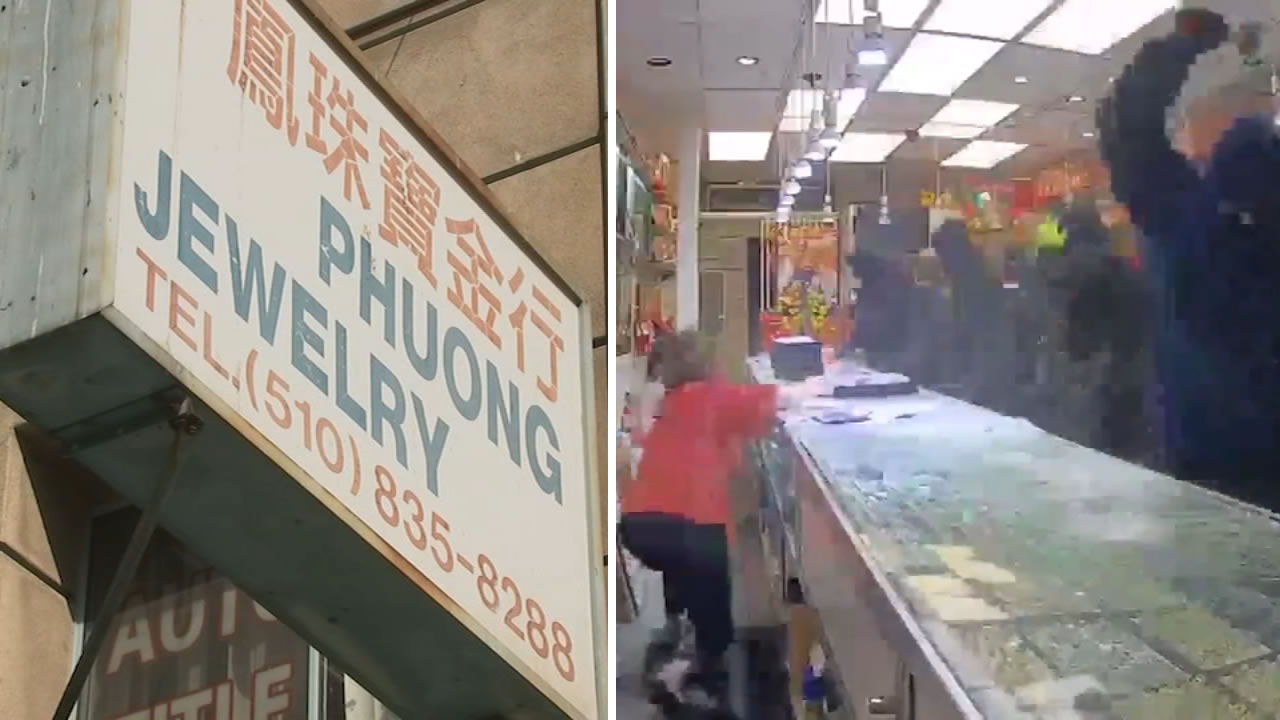San Francisco supervisors drop bill, say chief's plans to fight car-breakins is working


SAN FRANCISCO (KGO) -- Two San Francisco supervisors - Norman Yee and Hillary Ronen - sponsored legislation that would create dedicated units in each police district station to fight escalating property crimes. In particular, they're targeting car break-ins.
RELATED: San Francisco lawmakers take aim at car break-ins
This comes after Police Chief William Scott recently disbanded a citywide special unit of a dozen plainclothes officers that for more than a decade concentrated on car break-ins and other property crimes.
Scott put them back on the street as beat patrol officers, saying their presence would be more of a deterrent to crime.
On Wednesday the Board of Supervisors' Public Safety Committee met with the belief that they would be voting on the legislation and send it off to the whole board next week.
After a public hearing during which dozens of San Franciscans testified in favor of the proposed bill, Yee and Ronen announced they would join the chief at a news conference after the committee meeting to make a major announcement.
At the presser, to the surprise of everyone, Yee and Ronen announced they would drop the legislation and make it a non-binding resolution instead and that they were trusting the chief to make his own policies to reduce car break-ins and other crimes.
They said they wanted to "work in collaboration with the police department" in tackling crime and they didn't want to tie the chief's hands.
Scott told the media there would be more patrols visible to the public and he would create a team that would analyze crime stats and come up with effective strategies to combat the break-ins.
In the words of Ronen, the supervisors have the power to make mandates for city departments but no chief likes to be ordered to implement policies so collaboration and trust are better tools to fight crimes.










